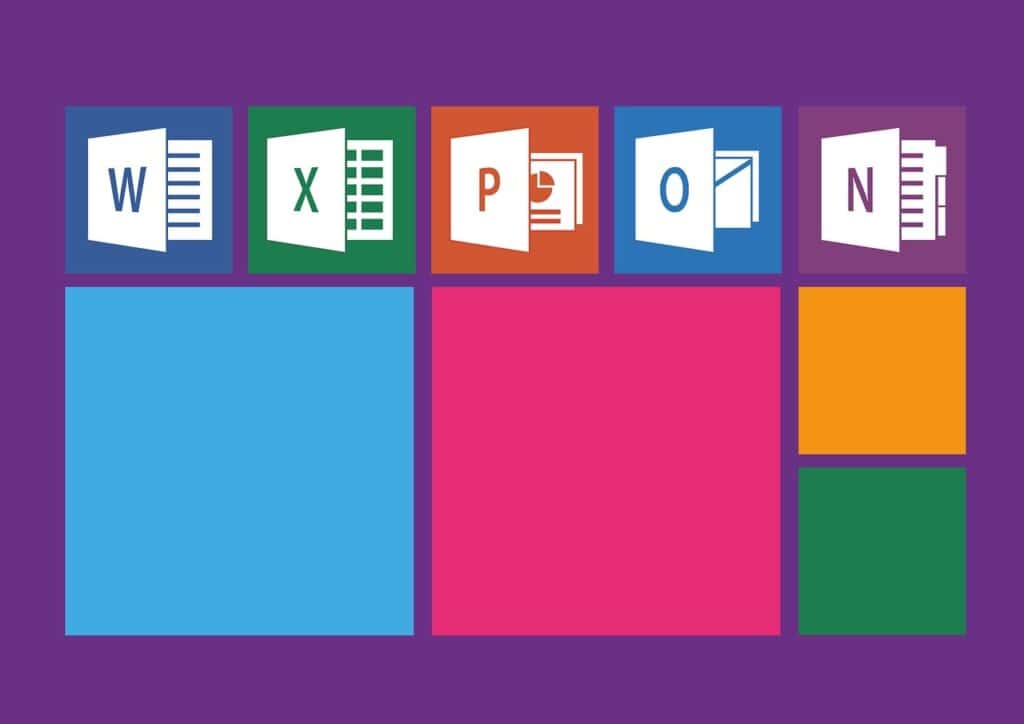Microsoft 365 is a powerful suite of cloud-based productivity tools, applications, and services developed by Microsoft. It is designed to help individuals and organizations be more productive, collaborate better, and stay secure in the face of ever-evolving threats. This includes a range of products such as Office 365, Exchange Online, SharePoint Online, OneDrive for Business, Teams, Yammer, Skype for Business, and more.
What is Microsoft 365
Microsoft 365 is the new incarnation of Office 365, relaunched in April 2020 as a comprehensive solution for small and medium-sized businesses. The package includes all of the powerful productivity features and services that have made Office 365 so popular and successful, along with platform-centric features from Microsoft itself. All existing applications, service levels, and subscription plans remain intact: the only thing that has changed is the name of the product itself.
This rebranding allows Microsoft to unite its various products and services under one banner, offering customers an all-in-one solution and streamlining their workflow processes even further than before. Given this fresh approach to productivity solutions, more businesses can access the power of both Office 365 and the useful platform-centric tools offered by Microsoft 365 – a move certain to be beneficial for organisations everywhere who need powerful tools but don’t want to spread themselves too thin when it comes to IT services providers.
History
Office 365 is a cloud based service by Microsoft, first announced in October 2010. The platform was designed to bring together several existing online services such as Exchange Server for email and SharePoint for internal social networking, collaboration and hosting web sites. With the launch in 2011, it was initially aimed towards corporate users offering plans for small businesses and enterprises.
In February 2013, with the release of Office 2013, Microsoft expanded Office 365 to include new plans tailored to fit different types of businesses. These included Small Business Premium, Midsize Premium and Pro Plus plans which provided customers with more benefits such as access to OneDrive and 24/7 phone support. As part of this upgrade existing BPOS customers were given a grace period of 12 months to make their migration over to the Office 365 platform.
Advantages of Microsoft 365
Microsoft 365 is a powerful and versatile software that can help in many areas of business productivity, collaboration, and communication. One of its benefits is that it improves collaboration, allowing teams to work together seamlessly, no matter how far apart they are located. For example, Microsoft’s Teams app allows teammates to collaborate on tasks easily by creating discussion groups, replying to emails or instant messaging one another.
Another pro of the Microsoft 365 platform is that it increases access productivity. Employees are able to access their files and data wherever they are as long as they have an internet connection. This means that employees can work from any location which could be instrumental in boosting sales and expansion strategies since they can get their work done whenever they need to without having to be tied down to a physical office location. Furthermore, Microsoft 365 comes with automatic upgrades so users always remain up-to-date with the newest patches and updates released from the software company. As the IT admin for your organization, you also have greater control over all connected devices thanks to administrative tiers where you can monitor user activity and make sure your organization remains compliant with industry standards.
Disadvantages of Microsoft 365
Microsoft 365 offers great convenience as well as collaboration tools to help make work easier. However, there are some drawbacks that need to be taken into consideration.
For starters, Microsoft 365 requires an internet connection to access stored data, making it impossible to work offline. Additionally, cost too can be an issue when migrating to the platform as older systems may not be compatible and require significant upgrades in order for them to work. Privacy and data collection can be a concern for those who do not want to put all of their confidential information in someone else’s hands, so mitigations need to be considered if they are uncomfortable with this. The most common pitfall we see is governance; from uncontrolled growth, compliance issues and complex provisioning of MS Teams and Office365 Groups/SharePoint, organisations often struggle with keeping control over the platform.
How does Microsoft Office differ from Microsoft 365?
Microsoft Office is a software suite that has been available for almost 30 years. It includes earlier versions of Word, Excel, and PowerPoint, which are packaged together at a reduced price. With this one-time perpetual license, users can install the software on their computer and use it indefinitely without having to pay for any future updates or features. The down side to this is that if users want access to the newest version of Microsoft Office, they must purchase the updated edition which includes all the new features.
On the other hand, Microsoft 365 is a subscription service that provides users with access to the latest Office applications as well as other cloud-based services such as OneDrive, Skype and SharePoint. The advantage with Microsoft 365 is that subscribers are always up-to-date with new features as part of their subscription plan, eliminating the need for individual purchases for each new update released by Microsoft. In addition to staying current, Microsoft 365 also provides its subscribers with enhanced security measures like multi-factor authentication and data loss prevention.
What is the reason for companies utilizing Microsoft 365?
Microsoft 365 is quickly becoming the go-to software choice for businesses, as its subscription-based cloud service makes life so much easier. As well as offering users access to the latest features and functionality without having to wait for updates on a three-year cycle, Microsoft 365 also removes the need to install server software or maintain any hardware on which to run it. This is great news for IT teams and is budget-friendly too. Additionally, a joint study between Microsoft and Forrester Consulting found that using Microsoft 365 produces an impressive ROI of 154 percent in just over 5 months.
One of the major benefits of using Microsoft 365 is the cloud storage space it provides users with, allowing them to save their documents in the cloud and access them anytime, from anywhere with secure access. It also offers comprehensive security features such as multi-factor authentication, data encryption and because it’s cloud based you don’t have to worry about backup or data loss either. All of this combines to make Microsoft 365 an attractive option for businesses setting up or upgrading their systems.



